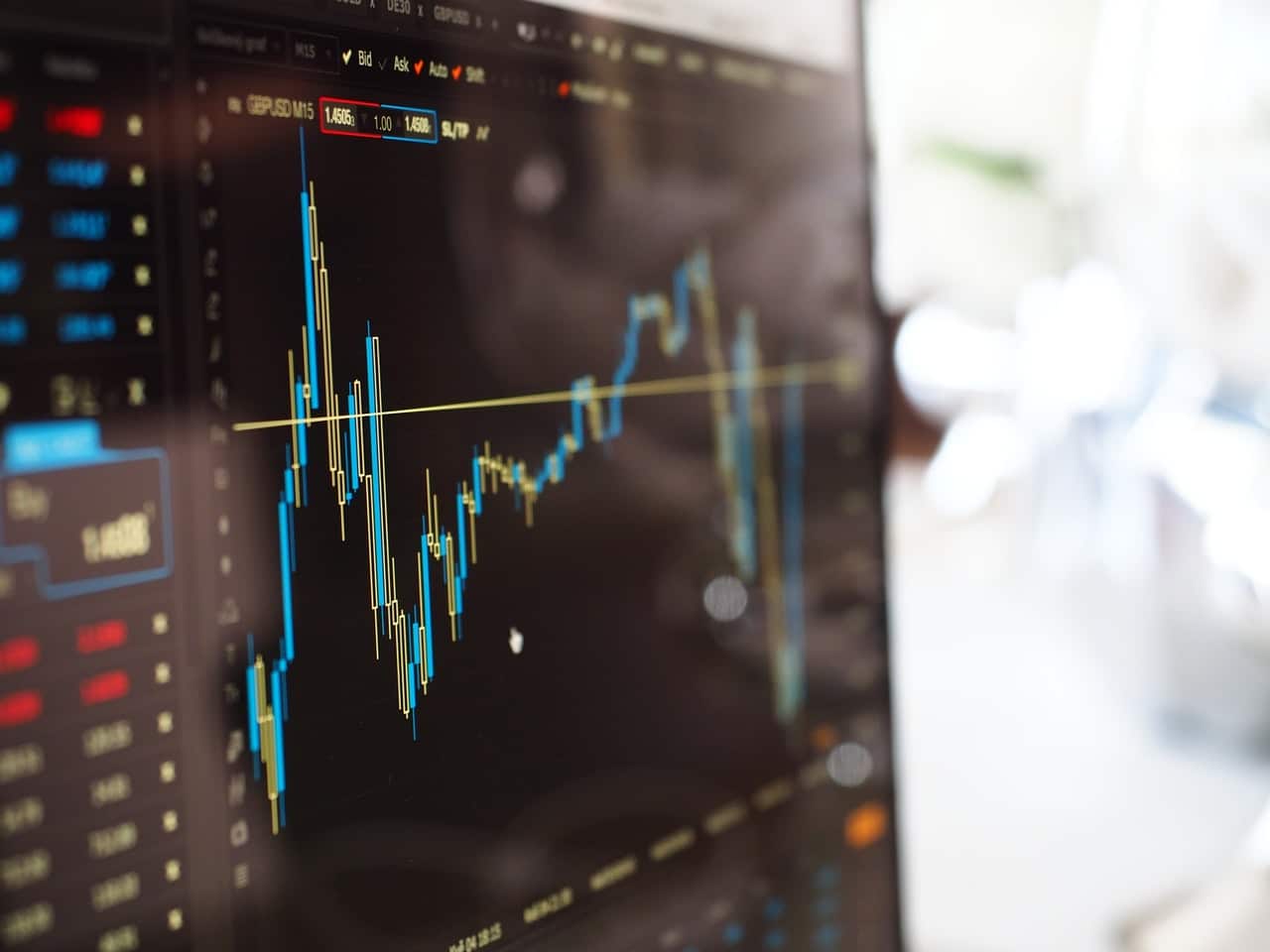As the economic effects of the pandemic bit hard, you might have found some interesting online ads or articles encouraging strategic investments. Stocks, Bitcoin, treasury bills, and several others might have caught your eye.
However, investments have been very uncertain during the pandemic, and no one is sure what would yield good returns. Interestingly, Nigeria’s stock market has yielded mixed results so far.
In Q1 2020, the Nigerian Stock Exchange (NSE) lost about ₦2 trillion ($6.2 billion) market cap, a negative return of 20.65%. Several other markets across the globe also witnessed crashes during this period.
However, during the lockdown in April 2020, Nigeria’s stock market surprisingly gained ₦896 billion ($2.3 billion), 8% higher than the performance of the previous month. In May, the market further improved by 9.76% but plunged by 3.2% in June.
Despite this somewhat impressive performance, from our little findings, it might have been better.
From our chat with investment platforms, Bamboo and Chaka, we gathered that several people increased their investments during the lockdown. Besides the use of stock trading platforms, the NSE’s app allowed buyers to trade remotely.
However, the Nigerian stock market gets to face both buyers’ perceptions and the current economic realities in the country.
Trends in stock investments amongst Nigerians
One of the benchmarks for financial inclusion is that more people can make investments in various markets. In Nigeria, it seems most people are not interested in the stock market.
Echoing an earlier assertion by the NSE, Obong Idiong, CEO of Africa Prudential, a stock market registrar and digital technology services firm, reveals that there’s an estimate of just three million people (both local and foreign)—barely 2% of the country’s population—investing in Nigeria’s stock market.
“I did a little survey and I found out that most millennials know little to nothing about stocks, and most were not interested in the Nigerian stock market,” says Idiong.
Few people are even aware that they do not need to visit the stock exchange office before they can invest, but that they can instead use apps on their phones.
According to Idiong, this trend suggests that several people are missing out on the immense opportunities that Nigeria’s stock market presents.
Though Tosin Osibodu, CEO of Chaka, somewhat agrees, he believes perceptions are gradually changing, and that the local market has begun receiving significant investments.
“Normally, you don’t see regular people investing on the NSE. Our local stock market has heavily featured Qualified Institutional Buyers (corporations), high-net-worth individuals, and foreign investors,” he explains.
Osibodu believes that as more people are being trained, more buyers will troop to the local stock market.
This is especially telling since with platforms like Chaka and Trove, the know-your-customer (KYC) requirements for various stock markets have become much easier to fulfil.
According to polls on Techpoint Community and Twitter, we were able to get a glimpse of investment habits among Nigerians.
📈 Do you invest in stocks? Which of them do you buy?
— Techpoint Africa (@TechpointAfrica) July 13, 2020
Out of 197 responses, an overwhelming 50% said they invest in US stocks, while 3% and 10% invest in Chinese and Nigerian stocks respectively. Also, about 38% stated that they were clueless.
These numbers, when viewed from various perspectives, somewhat reinforce the assertions of both our sources.
Why are Nigerians leaning towards foreign markets?
Though local stocks have received significant investment, most Nigerians who are aware of stocks are seemingly leaning towards foreign stocks or the more adventurous waters of cryptocurrency.
According to our earlier report, in Q1 2020, Nigeria had the highest percentage growth in cryptocurrency adoption in the world, beating the likes of Australia, South Africa, and others by a significant margin.
As we found out, most Nigerian youth purchase cryptocurrency for quick and high monetary returns.
In the case of foreign stocks, in addition to high gains, it goes a bit deeper. For one, the volatility of the naira is taken into consideration.
“I lost my job before the lockdown, and I didn’t know how long it would last, so I knew I had to invest my savings in dollars or it may lose its value and thank God I did,” explains Emeka* a young graduate.
During the lockdown, rates at the parallel market fell considerably, and just last week, the naira was officially devalued to ₦382 from ₦360. Considering this, Emeka probably has every cause to be grateful.
Also, inflation rates have risen steadily over the years, shaking the confidence of investors.
Besides the loss in value, the returns on investments are also a game-changer.
“It’s more encouraging if I gain $1 on my Netflix, compared to ₦100 on my MTN share,” claims Simon*.
In comparison, according to Pew Research Centre, more than half the households in the US have some form of investment in stocks.
Getting back on track
Chaka’s Osibodu insists that even with devaluation, a stock market can grow since it does not affect a company’s growth.
He explains that if the forex market is badly affected, large companies like GTBank, MTN, and others that have been performing well, can readjust the price of their services upwards, even in the midst of devaluation and inflation.
While this is possible, it is not that easy to execute, but companies with big enough traction influence could actually carry it out.
However, according to Osibodu, when more people understand the stock market, unnecessary fluctuations influenced by fear, and panic will be reduced.
“Right now, the market can get affected when foreign investors hear of devaluation, but that could change when more people are educated and introduced to the stock market,” he says.
Idiong believes the rise of tech platforms to aid investment allows easy entry into the market and will allow Nigerians to tap into the huge benefits in the capital market.






